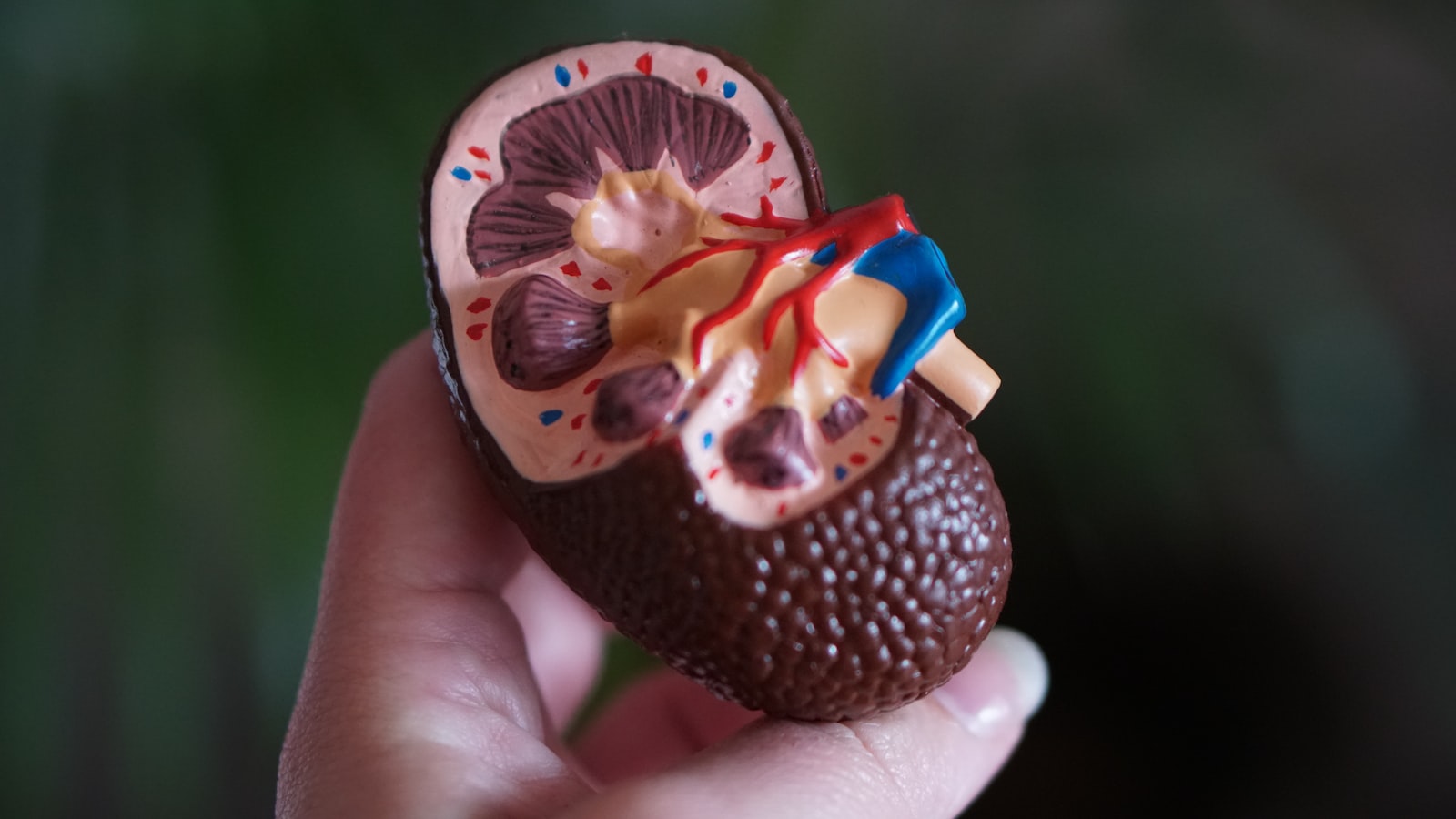![]()
Kidney disease is a serious health condition that can cause a range of symptoms and complications. Early detection and treatment of kidney disease is important for preventing further damage to your kidneys and maintaining your overall health. In this article, we will discuss 10 signs that you may have kidney disease.
1. Swelling in Your Feet, Ankles, or Hands
Swelling in your feet, ankles, or hands is a common sign of kidney disease. This is because your kidneys are responsible for filtering excess fluid from your body and when they are not functioning properly, fluid can build up in your extremities.
2. Changes in Urination
Changes in your urination pattern can also indicate kidney disease. This may include frequent urination, especially at night, or a decrease in the amount of urine you produce.
3. Fatigue and Weakness
Kidney disease can cause a decrease in red blood cells, leading to fatigue and weakness. This is because your kidneys are responsible for producing a hormone that stimulates the production of red blood cells.
4. Skin Rashes and Itching
Skin rashes and itching are common symptoms of kidney disease. This is due to the build-up of waste products in your blood, which can cause skin irritation.
5. Nausea and Vomiting
Nausea and vomiting are other common symptoms of kidney disease. This may be due to the build-up of waste products in your blood, which can cause digestive problems.
6. Chest Pain or Shortness of Breath
Chest pain or shortness of breath can be a sign of anemia, a common complication of kidney disease. This is because your kidneys are responsible for producing a hormone that stimulates the production of red blood cells.
7. Difficulty Concentrating
Difficulty concentrating can also be a sign of kidney disease. This is due to the build-up of waste products in your blood, which can affect brain function.
8. Muscle Cramps and Twitching
Muscle cramps and twitching can be a sign of kidney disease. This is because your kidneys are responsible for regulating the balance of minerals in your body, including calcium and potassium.
9. Foamy Urine
Foamy urine can be a sign of protein in your urine, which is a common symptom of kidney disease. This is because your kidneys are responsible for filtering waste products from your blood, including excess protein.
10. Back Pain
Back pain, especially in the lower back, can be a sign of kidney disease. This is because your kidneys are located in your lower back and if there is a problem with your kidneys, you may experience pain in this area.
Conclusion
If you are experiencing any of these symptoms, it is important to speak with your healthcare provider. They can help you determine the underlying cause and the best course of treatment for your specific needs. Early detection and treatment of kidney disease is important for maintaining your overall health and preventing further damage to your kidneys.
